John Stetch - Standards (2003)
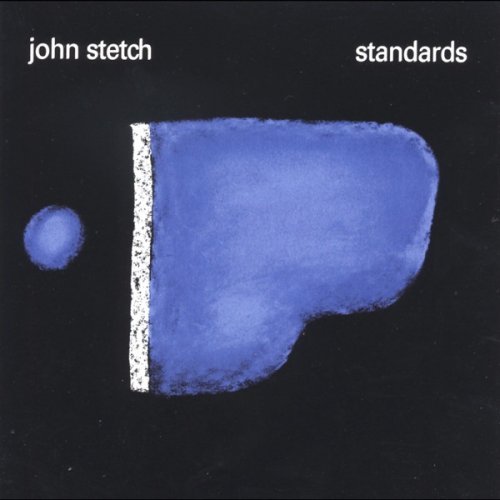
Artist: John Stetch
Title: Standards
Year Of Release: 2003
Label: Justin Time Records
Genre: Jazz, Piano Jazz, Standards, Modern Creative
Quality: FLAC (tracks+.cue, log)
Total Time: 43:36
Total Size: 133 MB
WebSite: Album Preview
Tracklist: Title: Standards
Year Of Release: 2003
Label: Justin Time Records
Genre: Jazz, Piano Jazz, Standards, Modern Creative
Quality: FLAC (tracks+.cue, log)
Total Time: 43:36
Total Size: 133 MB
WebSite: Album Preview
01. Segment (4:14)
02. All the Things You Are (2:32)
03. Interlude (3:31)
04. Out of Nowhere (5:24)
05. Like Someone in Love (4:51)
06. Embraceable You (3:22)
07. Moose the Mooche (5:37)
08. Never Let Me Go (6:12)
09. Pannonica (4:01)
10. Stella by Starlight (3:53)
Jazz pianist Stetch is well-known for his bravado and imagination as a composer and as an interpreter of other styles of music, as evidenced by his stellar Ukranianism album from 2001. That recording took classic folk songs from Stetch's heritage -- familial, he hails from Canada and lives in New York -- and reinvented them solo-style as wonderfully strident jazz tunes. That album was the first of a projected trilogy of solo recordings, of which Standards is the second volume. The casual jazz listener should beware the title of this recording: While all the tunes are from the canon and have been played by everyone from Teddy Wilson to Bill Evans and Oscar Peterson, these interpretations are radical, off-road readings that reinvent these songs as much as execute them. All the years Stetch has spent as a leader -- he released seven recordings with bands before the solo outings, and as a sideman with such notable vanguard figures as James Blood Ulmer, Rashied Ali, Reggie Workman, Billy Hart, and others -- offered him a way of hearing that few pianists have. In the harmonic force of Stetch's read of Jerome Kern's "All the Things You Are," for instance, he takes the melodic line and realigns it harmonically so that it flows in reverse with the changes. This is no gimmick; subtleties and inventions of rhythm and intervallic notions had to be reworked in order to make the tune continue to sing. And it does. His take on "Like Someone in Love," the Burke/Van Heusen nugget, comes across as a piece that could have been written and arranged by Ravel or Debussy with its shimmering, suspended chords and haunting glissandi. Despite these eyebrow-raising revisionings of these time-honored gems, it is Stetch's visionary interpretations of Monk and Charlie Parker that are the true masterpieces here. In the case of Parker, few pianists take on his work solo because it wasn't composed that way. But Stetch employs his amazing rhythmic and scalar intelligence to both "Moose the Mooche," with a rolling groove and notes falling like rain, and "Segment," a Parker obscurity that becomes a swinging mind-bender of jazz minimalism in Stetch's wonderfully creative hands. In recording "Pannonica," Stetch reveals his greatest influence, Thelonious Monk. Stetch has an angular approach to harmony that begins somewhere in the middle of a scale and works both ways at once. His rhythmic sense, while a bit more conventional than Monk's, is still to the left of players such as Keith Jarrett, Herbie Hancock, or Geri Allen. His turn of Monk's phrases, falling just outside the meter the way they do, keeps the composer's lyricism while moving the boundary's edge just enough to make the tune sound dangerous again. This is a fine prep, since Stetch will be recording his third volume in his solo series around the music of Monk. This is unlike any other recording of jazz standards out there and a watermark for Stetch.

![Mammal Hands - Circadia (2026) [Hi-Res] Mammal Hands - Circadia (2026) [Hi-Res]](https://www.dibpic.com/uploads/posts/2026-02/1771945393_folder.jpg)
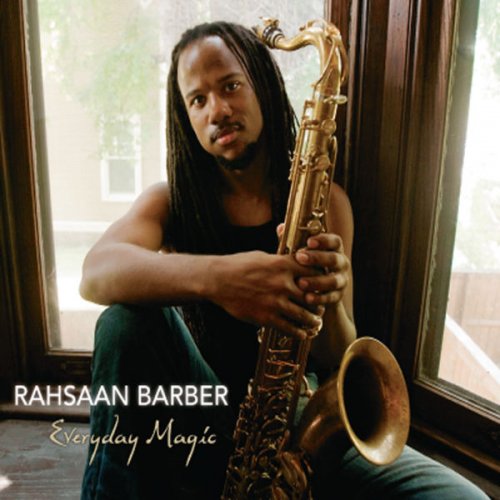

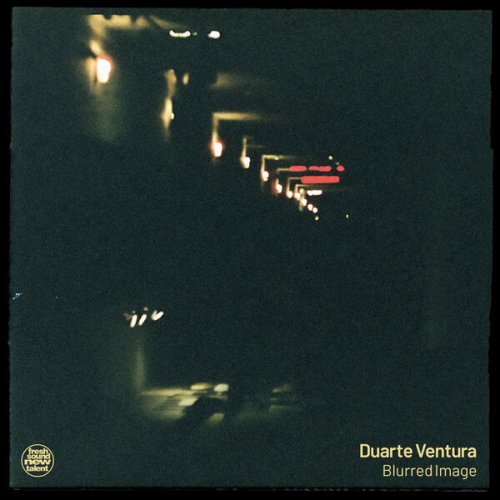
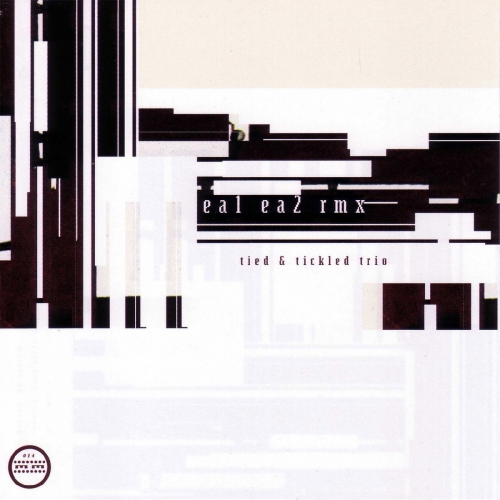
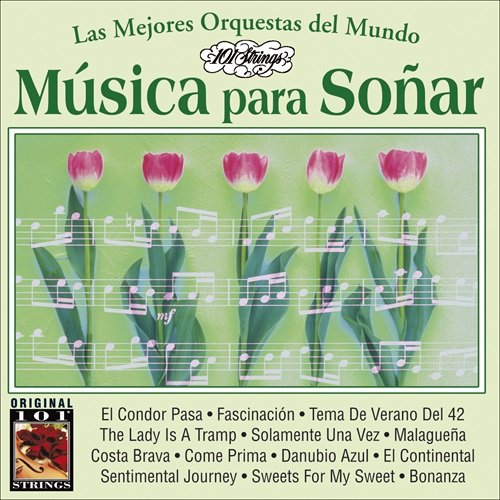

![El Calefón - Salir Del Agujero (2026) [Hi-Res] El Calefón - Salir Del Agujero (2026) [Hi-Res]](https://img.israbox.com/img/2026-02/26/sm3fq4x280rjvn4eh85ksne6j.jpg)